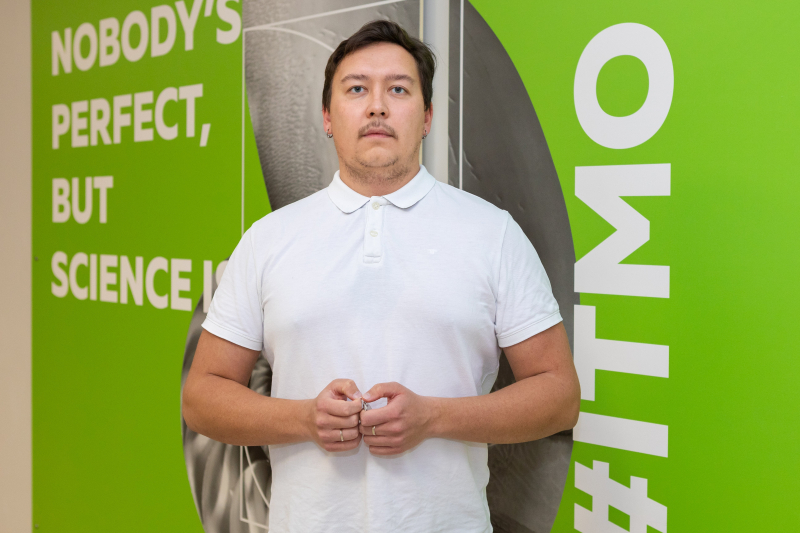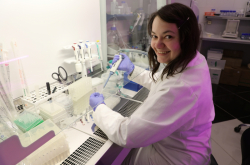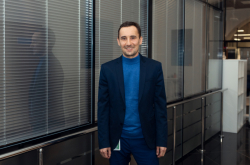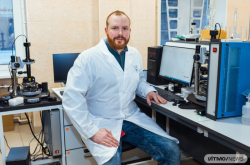Why did you decide to apply for the program?
In 2016-2017, when I was still working at my alma mater, I got interested in scientific research at ITMO University. I was particularly fascinated by the university’s research goals and work. Later on, I joined the Sirius Educational Centre and then, after some time, I decided it was time for a change. I started looking for job opportunities at Russian universities, so no wonder ITMO became one of my options.
First and foremost, ITMO is one of the few Russian universities with programs for postdocs. I also already knew a great deal about the university and had a good feeling about it. I liked its home city, too. So, it all worked out beautifully and I accepted the offer.
What projects would you like to do at ITMO?
I’m currently studying human behavior through the lenses of psychology, neuroscience, and linguistics. My postdoc project, which I submitted to the program, explores the key factors that affect achievements in chemistry. When Mikhail Kurushkin, the dean of Faculty of Biotechnologies and the head of the Chemistry Neuroeducation research group, familiarized himself with my work, he got interested and invited me to join ITMO’s ChemBio Cluster.
We want to start a longitudinal study of factors affecting academic performance in chemistry. To achieve this objective, we are going to call upon eighth-graders to investigate how their personal traits, such as anxiety, motivation, and spatial abilities, affect their achievements in chemistry. The study will take three years up until the students finish school. So far, researchers assume that spatial skills help people visualize objects and understand the spatial relations between them.
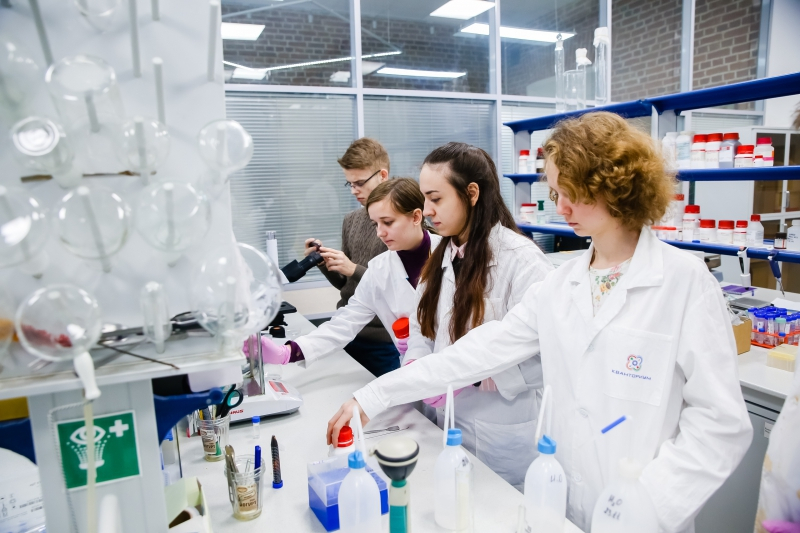
ITMO’s ChemBio Cluster. Credit: ITMO.NEWS
It becomes clear why chemists should have such abilities when you think of chemistry tasks at school or university. With data from a longitudinal survey, we will be able to build statistical models and thus demonstrate the causal links between different indicators and, perhaps, draw a profile of a successful chemist. The developed models will help us understand what makes a prospective specialist.
What would you like to achieve in your work?
We want to conduct a quality longitudinal study because there is a shortage of data for analysis in Russia. For instance, I’ve heard so many times that smartphones negatively impact people’s lives, and many people believe that they affect their memory and other cognitive functions. In a perfect world, we would have to go through tons of information to make such a statement, namely, to collect data about people’s cognitive functions before they had smartphones and compare them with current research. Yet it can’t be done in Russia because there are very few longitudinal studies. That’s why I want to do my utmost to promote them in our country.
From what I gathered, spatial skills serve many purposes, for instance, they help us navigate, visualize geometric shapes, and solve mathematical problems. But what made you choose chemistry?
Previous research showed that spatial abilities are crucial for success in STEM, that is in natural and engineering sciences. Yet chemistry seems like a gray area in this case. While it’s obvious that these skills have a broad impact on academic performance, there are still other indicators to be examined.
In particular, we have to find out what strategies students follow to solve chemical problems or what happens in their minds when they imagine a molecule. Since the analyses of its image, 3D and VR models are not the same thing. Here, I share similar interests with Mikhail Kurushkin who uses VR technologies to teach students chemistry.

A VR game for chemistry students developed by ITMO student Anastasia Rychkova. Illustration from the article. Credit: pubs.acs.org
In case we learn that spatial skills make students better at solving chemical tasks, we can change our educational system so that it would help students improve their spatial skills. There may also be a special educational program for those who already do a good job.
Can we enhance our spatial intelligence and how?
The good news is that you can improve your spatial skills and it’s quite easy. For instance, you can do team sports (basketball and football) or play computer games (tetris and shooters). In these games, players have to keep an eye on what’s going on around them and where their team and opponents are. Also, you can try robotics and circuitry or simply origami and building toys.
How did science affect your life?
As a scientist, I question everything. When someone says that I should wear a hat in winter, I ask for research on this topic. It’s a big problem. It makes it hard for me to watch the news or give popular science lectures with simple explanations. Even when the first COVID-19 vaccine appeared in Russia, I had my doubts, which were gone as soon as I read the article about Sputnik V published in The Lancet. There, I learned that it was efficient and safe, and I got vaccinated right away. I know that vaccination is important but still, I needed real proof.
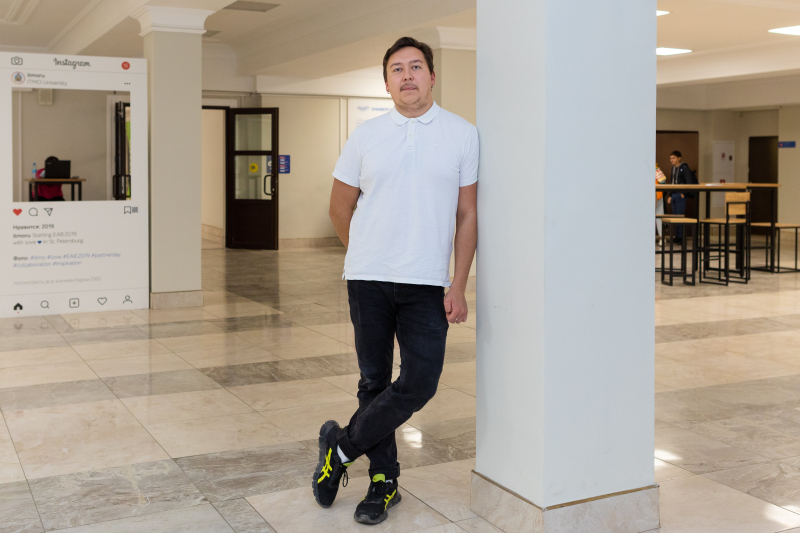
Maxim Likhanov. Photo by Dmitry Grigoriev, ITMO.NEWS
What do you like to do in your spare time?
I used to do heavy lifting but now I have my own longitudinal project – I have a kid. Most of the time, we practice his spatial skills with construction toys or I hold him in my arms – and that’s it for weight lifting.
It’s interesting to observe what my kid does. It’s like a live course on child development right before your eyes. Once our grandma came to visit us when he was around nine months old. She had a separate room at our place. When she left, we asked where she was and our kid pointed out the room where she’d lived and said “Nan”. I was really struck by how early kids can demonstrate connected verbal and spatial skills. My child remembered the room and what to call his grandma even after a few months.
I also play computer and board games from time to time. My favorites are Dungeons & Dragons and Arkham Horror. As for computer games, I’m keen on RPGs. The thing I like about D&D is that you can make your character as smart as you want to, which is sadly not possible in real life.
